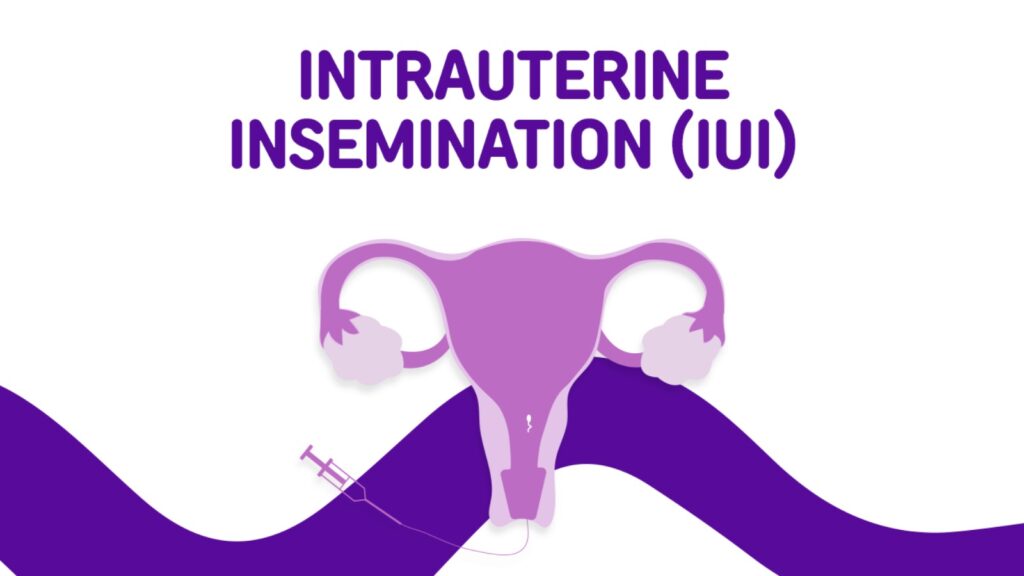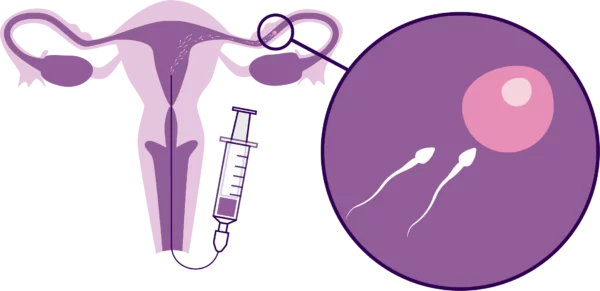PROMOTING FEMALE HEALTH AT EVERY STAGE
Intrauterine Insemination (IUI)
Intrauterine Insemination is a fertility treatment where prepared sperm is directly placed into a woman's uterus during her ovulation period, increasing the chances of fertilization.


When is Laparoscopy Recommended?
Following are some infertility issues for which laparoscopic surgery for infertility is recommended
PCOS or polycystic ovarian syndrome
Fibroids blocking the fallopian tubes
Ovarian cysts
Endometrial deposits causing intense pain
Benefits of Laparoscopic Surgery for Infertility
It allows the doctor to have a comprehensive look at the organs inside the abdomen to identify various infertility issues. Besides diagnoses, laparoscopic surgery may be performed to treat some causes of infertility, thereby increasing the chances of conceiving. It also helps in removing endometrial deposits, scar tissues and fibroids.
- Side-Effects of Surgery
Some commonly experienced complications are:
Irritation of the skin at the incision site
Bladder infection
Adhesions
Infection at the site of infection
The occurrence of hematomas in the abdominal walls.
Less-common complications
Severe allergic reaction
Urine retention
Severe damage to the blood vessels or abdominal organs
The occurrence of blood clots
Damage to the nerves
Complications associated with general anaesthesia
- Recovery Time
Since it is an outpatient procedure, the patient is discharged on the same day. If there are any complications involved, a hospital stay of 2-3 days may be advised. A couple of weeks are needed to completely recover from a Laparoscopic surgery. Proper medications will be prescribed to help speedy recovery and less pain. Patients should seek immediate medical help if they experience:
A high fever of 101 or more
Pus or intense pain at the site of the incision
Severe abdominal pain and discomfort.
Can Laparoscopic Surgery Affect Pregnancy Chances?
Many women wonder if Laparoscopic surgery will affect their chances of pregnancy. But laparoscopy rarely fiddles with one’s ability to conceive and usually causes no hindrance in getting pregnant. In fact, it may only increase the patient’s chances of conception.
Frequently Asked Questions
How does laparoscopy affect fertility?
For some women, who have undergone a laparoscopy to remove fibroids or endometriotic lesions, repair a hydrosalpinx, unblock a fallopian tube, or reverse a tubal ligation, the surgery actually increases the chances of getting pregnant. However, there are some cases where laparoscopy may affect your ability to conceive.
